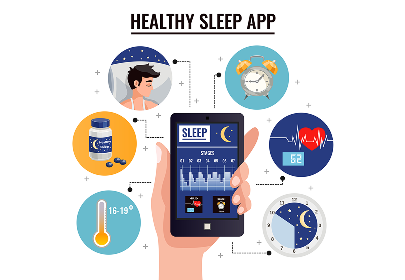Posted On January 9, 2025
Enterprise Decision Making with Predictive Analytics
What truly lies behind staying ahead in today’s dynamic business world is making fast, smart decisions. In efforts to keep up with the complexity of business operations, businesses have found a new normal in enterprise software, only to fall short of matching the traditional methods used by making decisions. That’s where predictive analytics comes into play, powered by some of the most cutting-edge machine learning (ML) and artificial intelligence (AI). It transforms all that data into actionable insights to guide businesses to make more accurate proactive decisions.
Turning Data Into Insights
Predictive analytics takes the past and the present data and converts it into future predictions. For companies, this would transition from reaction to prevention of problems. Let’s take, for example, customer relationship management systems. Predictive models can detect customers who may leave or products that a customer might buy. This way, teams can react earlier and make more informed, future-focused decisions.
Streamlining Operations
Enterprise software usually supports the key tasks across the supply chain, finance, and HR. Predictive analytics makes such systems even more effective by pointing out likely problems and providing the best available recommendations on how to invest resources. For example, the supply chain can use predictive models to analyze how past demand and other elements such as weather might affect the stock levels. This way, businesses will not overstock or run out of products due to time and money wastage.
Risk Management Before Occurrence
Each business does have some risks, but to predict them makes a significant difference. Predictive analytics can flag the issues even before they spin out of control. For instance, financial software might flag unusual transactions that might have fraud written across them. Predictive tools in project management can even identify tasks likely to lag, so teams can catch up and prevent delays. Through this approach of staying ahead, businesses can secure their resources and reputation.
Tailor Customer Experiences
Today’s customers expect tailored experiences, and predictive analytics makes that possible. Predictive analytics can help a business make tailored recommendations and campaigns based on customer behavior, preferences, and purchase history. For instance, an e-commerce website can suggest to a customer what he might love to buy, hence increasing satisfaction and sales.
Future Planning
Proper long-term planning is the only way through which business success is achieved. Predictive analytics enables leaders to make better strategic decisions by simulating various scenarios. For example, enterprise resource planning systems that have predictive capabilities can evaluate the outcomes of various strategies. This helps businesses plan properly and adapt to changes in the market.
Real-Time Decision-Making
The biggest advantage of predictive analytics is that it can function in real time. Enterprise application software, even the modern generation, can process live data feeds. It makes decisions for the business right when they happen. In manufacturing, for example, predictive maintenance could be set up to detect potential problems in machines that may be causing downtime before happening.
What Next?
Predictive analytics is just about to take off. When technology becomes even more advanced, as it will with the Internet of Things and big data, its power will increase dramatically. Businesses that embrace predictive analytics will have a huge competitive advantage: they will be nimbler, more efficient, and more customer-focused.
At smartData Enterprises, we are passionate about unlocking the power of predictive analytics for businesses. We specialize in creating customized solutions that turn data into smart decisions. Through the integration of predictive analytics with enterprise software, we help businesses not just survive but thrive in today’s competitive landscape.








